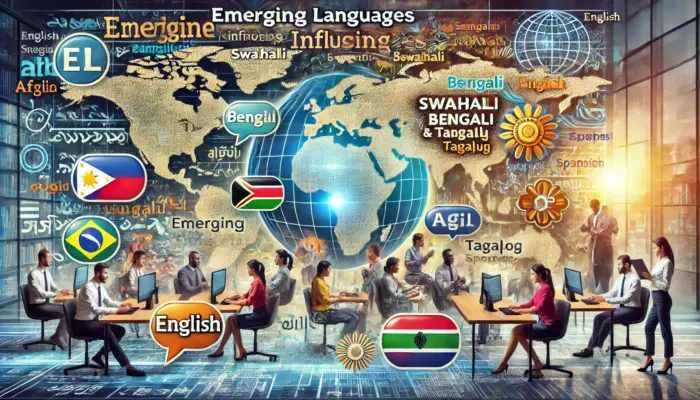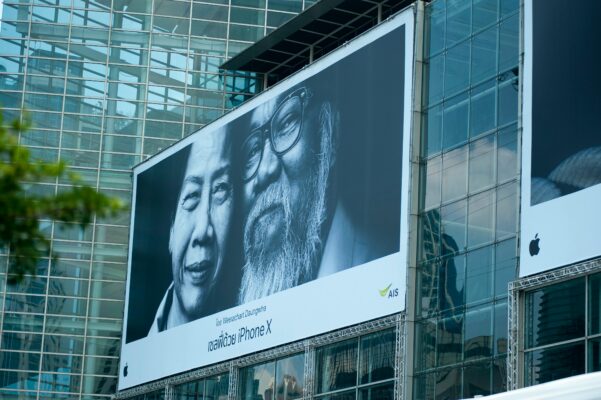The digital age has brought with it a significant transformation in the translation market that can even be seen in emerging languages.
With a doubt, innovativeinformation and communication technologies have shaken up how language services are provided. In fact, translators use state-of-the-art tools to speed up and fine-tune their work. To name but a few, computer-assisted translation software and machine translation have gained ground.
On the other hand, larger volumes of texts and information in different languages can be accessed, leading to an upsurge in demand for translation services. Would you like to know which languages, until now not so sought-after, are starting to see an upsurge in demand for linguists?
The rise of emerging languages
Times are changing in a globalized world with innovative needs and demands So, there are also languages gaining ground as a result of the economic and demographic boom in the regions where they are spoken. Here’s a list of some of the highlights:
- Swahili. This official language in several African countries has become a key language for trade and international relations in the region.
- Bengali. One of the world’s most spoken languages. The sharp increase in the demand for Bengali translations stems from Bangladesh’s economic growth and the Bengali diaspora all over the world.
- Tagalog. This is the official language of the Philippines, a country that an increasing number of tourists flock to in droves.
All three are an opportunity for any linguist looking to branch out into new and emerging languages.
Having professional services is key
In the wake of the technology boom, an increasing number of companies and users are looking for fast and cost-effective solutions to translate documents and communicate in other languages. Automatic translation and AI are among the most sought after.
Having said that, in spite of this development, professional human translators are still really important. So much so that one of the current language service trends sought is a combination of both options:
- AI-powered human translation. This uses AI to do most of the work which is then reviewed and tweaked by a human.
- Specialized translators who use these innovative technologies in their work.
Now another important question: why are professional translators still so important today? Because nothing beats them when it comes to guaranteeing effective and accurate multilingual communication.
These specialists:
- Are experts in a range of areas, which they draw on to understand the specific context and terminology in each field.
- They are trained to convey the original message by taking into account the culture and linguistic norms of the target language, avoiding misunderstandings and misinterpretations.
- They have access to state-of-the-art technological tools that speed up the translation process while ensuring the final text is coherent and consistent.
- They guarantee a higher level oflinguistic quality.
- They save time and resources, because they don’t have to go back to make corrections or translate from scratch.
So, with intercultural communication growing exponentially, this is a key investment for companies and organizations looking to break into new markets.
Who has the best translators to meet your individual or business needs when it comes to emerging or traditional languages? Blarlo offers the best in human and machine translation. Get in touch with us!






